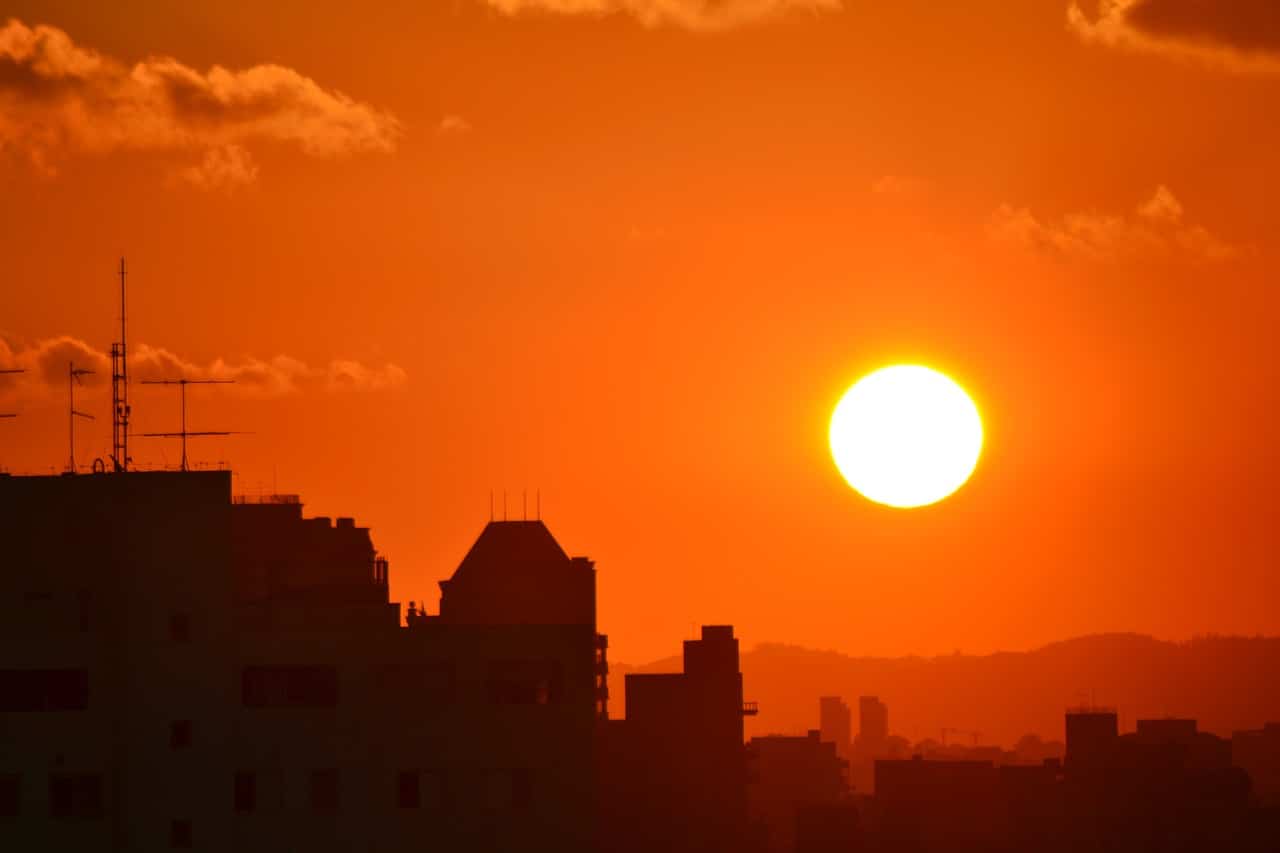We have permanently breached the symbolic 400 ppm threshold for the amount of carbon dioxide in our atmosphere this week. Scientists believe we are now unlikely to live in a world with less CO2 than this, putting us on track for dangerous climate impacts.
And now, new analysis released today by seven leading climate scientists warns the world could be on course to warm by 2°C as soon as 2050.
Published by the Argentina-based NGO, Universal Ecological Fund, the report was authored by several scientists from the Intergovernmental Panel on Climate Change (IPCC), including Dr Carlo Carraro, Dr Pablo Canziani, Dr Nebojsa Nakicenovic, Dr James J McCarthy, Dr Jose Goldemberg, along with Sir Robert Watson, former chair of the Intergovernmental Panel on Climate Change (IPCC), and Lilianna Hisas, executive director of Universal Ecological Fund.
The authors argue that the pledges made by the world’s nations in Paris last December are “inadequate” if we want to slow climate change.
“Climate change is happening now and much faster than anticipated,” said co-author Dr Watson. “While the Paris Agreement on Climate Change is an important step in the right direction, what is needed is a doubling or tripling of efforts.”
“Without additional efforts by all major emitters, the 2ºC target could be reached even sooner.”
The 2°C target is considered the average increase in global temperatures beyond which negative impacts of climate change are expected to rapidly increase.
Since 1990, weather events like floods, droughts and storms caused by climate change have doubled in number. An increase to 2ºC above pre-industrial levels could lead to another doubling of the number of these weather-related events.
In the run up to the Paris climate deal, 189 countries representing 98 percent of emissions made pledges to cut emissions. However, the scientists’ analysis lays out how 83 percent of these have finance or technology-specific conditions attached to them.
The scientists think that full implementation of the pledges will require a promised US$100 billion per year in climate finance for developing countries.
Their calculations find that if only the unconditional pledges are achieved, emissions would still increase by six percent by 2030. Yet, to stay below 2°C emissions the world needs a decrease of 22 percent.
Even if all pledges are met, the scientists estimate the world would still be 33 percent above a 2°C pathway – an amount equivalent to the world’s annual energy emissions. On this path, the more ambitious 1.5°C warming limit would be reached by 2030, and 2°C by 2050.
The report reminds us that the pledges are not legally binding, are subject to change, and still need approval at the national level through policies, regulation, and incentives.
It also outlines how half of the national pledges only focus on measures in the energy sector, yet emissions cuts must be implemented in all sectors, alongside producing energy without burning fossil fuels.
The scientists reiterated calls for accelerated research into carbon capture and storage, for extensive reforestation, and also for adaptation of food production and coastlines to the forecast impacts.
The report states: “The 1.5°C target has almost certainly already been missed. Global average temperature has already reached 1°C above pre-industrial times in 2015.”
It continues: “There is still time to slow down the current path towards reaching the 2ºC target within the next few decades.”
In 2018 countries will revise their pledges in an effort to reach the 2°C target.
Photo: Pixabay
Subscribe to our newsletter
Stay up to date with DeSmog news and alerts







